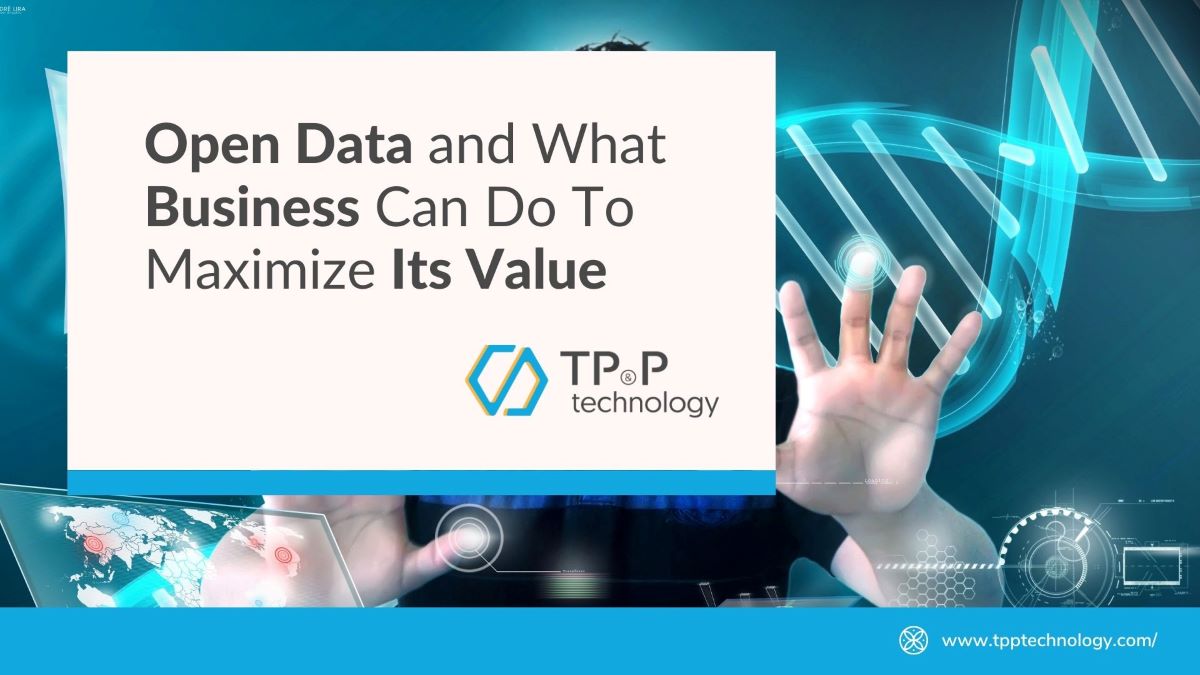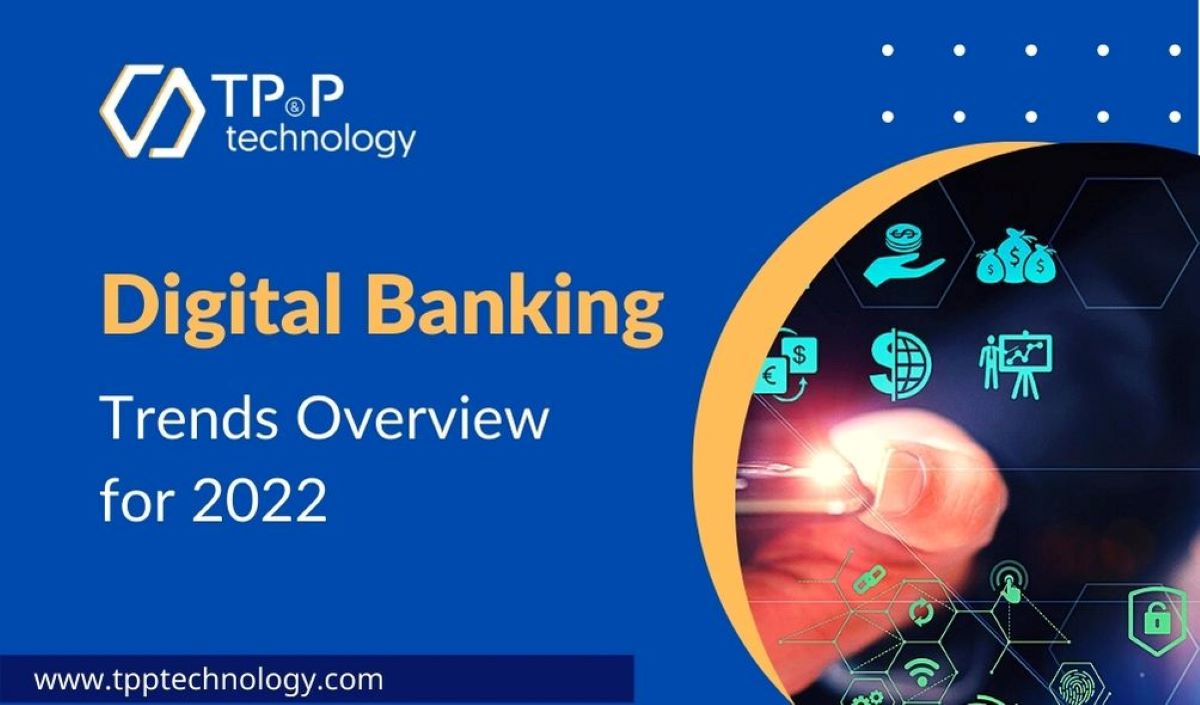
Open Data and What Business Can Do To Maximize Its Benefits
A stockpile of free information shared among public and private institutions. This means that you can use this data for the success of your business.
A number of web portals are offered by National and local governments, as well as non-governmental organizations such as the World Bank, and the International Monetary Fund in order for the public to access datasets. Several governmental offices also offer millions of datasets for the public, including business organizations, to access. Therefore, you can browse and download data on various topics like mapping and geography, personal consumption, publicly listed company financial reports, public procurement contracts, etc. for free.
There are also private data sources from companies like Google, G2, as well as social media such as Facebook, Twitter, etc. A wealth of data on search behavior (like Google Trends) around the world is provided by Google, whereas an open dataset of hundreds of thousands of reviews on enterprise business software solutions is offered by G2.
Although it is difficult to calculate the economic value of this data, it was calculated that the effective use of this data could be worth trillions to the global economy.
In this article, we explore a number of ways companies can leverage this data to accelerate innovation, reduce costs, and increase their competitive edge.
Offer more insights into new and potential markets
By extracting and analyzing the Google search data, business organizations can quickly understand consumer preferences and interests over time. Users can specifically trace down the relative popularity of search terms by Google Trends across any region or country over time. According to statista.com, in January 2022, over 85% market share of internet searches is captured by Google, which means that consumer behavior has never been easier to be tracked.
Companies can achieve the additional value by combining search insights with public data on the consumption of customers, and similar data from other government data portals.
Provide support for building data-driven products
In various countries, a collective database of public sector contracts and expenditures are available for anyone to access and can be used to help business organizations promote their activities to the public purchasing offices and improve the value the public offices get from procurement. Additionally, subscribers of certain public data providers will be notified when the competitor's public sector contracts expire, consequently giving them a head start in growing their business.
Many companies in the US use customs data to help improve their international logistics.
Have a better understanding of competitors and suppliers
It is definitely a difficult challenge to collect data on foreign competitors and suppliers, especially for small private businesses. A strategy to better understand your competitors' current business snapshots is to follow them online for job postings.
Companies often hire before launching new products with the development using appropriate in-house skills. This is much easier to achieve through automatic alerts and advanced searches with the help of job aggregation websites.
Furthermore, it is also helpful to look into competitors' online reviews to gain insights into overall customer preferences as well as find out about the development of the new product. This can help you have somewhat an understanding of where the business is heading.
Cost-effective data acquisition
Your businesses can save up on registration fees if you have a data team with the necessary skills and resources to utilize public data access. This is becoming a more viable solution with the increase in the number of public data providers prioritizing APIs over flat files download.
The costs of your company's spending on getting access to external datasets could provide some opportunities to replace some of these costs with open data. Remember that several commercial data services are built on free, open data from the ground up.
Final words:
As the world economy is geared toward being more digital, data is expected to play an increasingly important role in ensuring business success.
Certainly, open data cannot fulfilled all the needs for data of your company, however, it is still worth considering because one way or another, it can solve quite a number of your organization's data needs. Therefore, it is crucial to take advantage of proprietary and open data assets.



